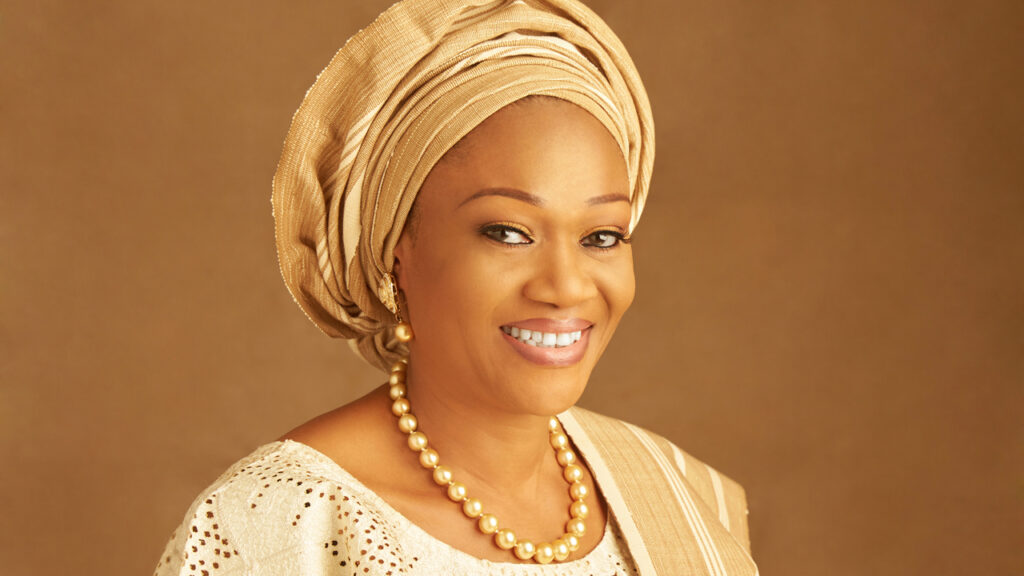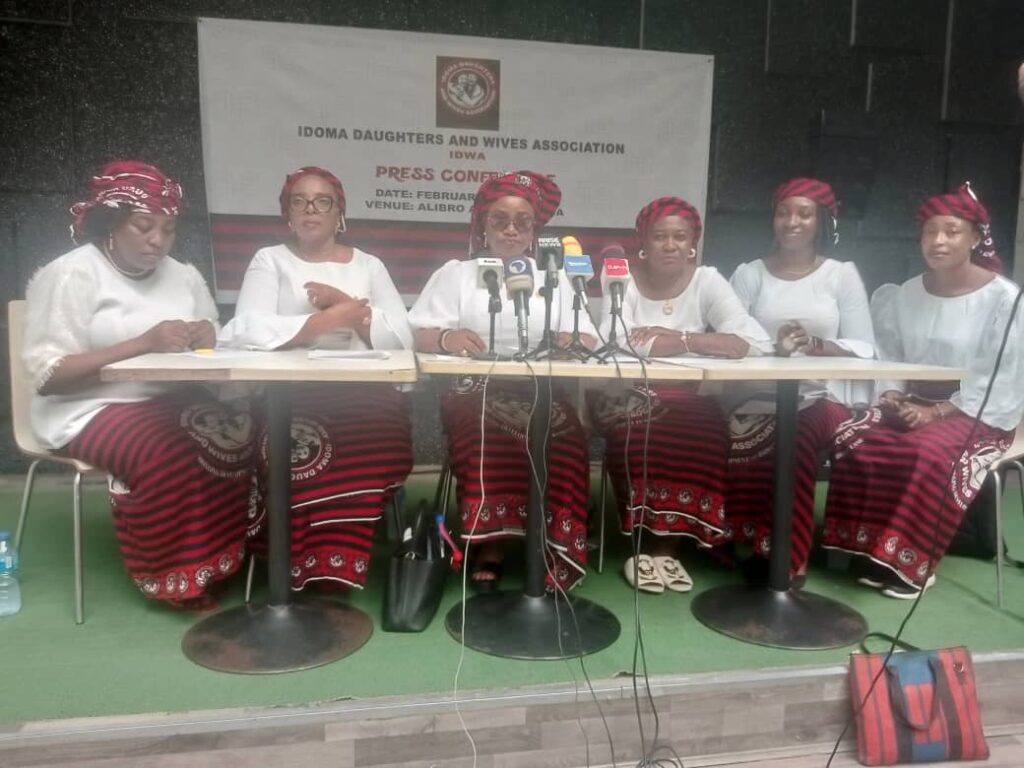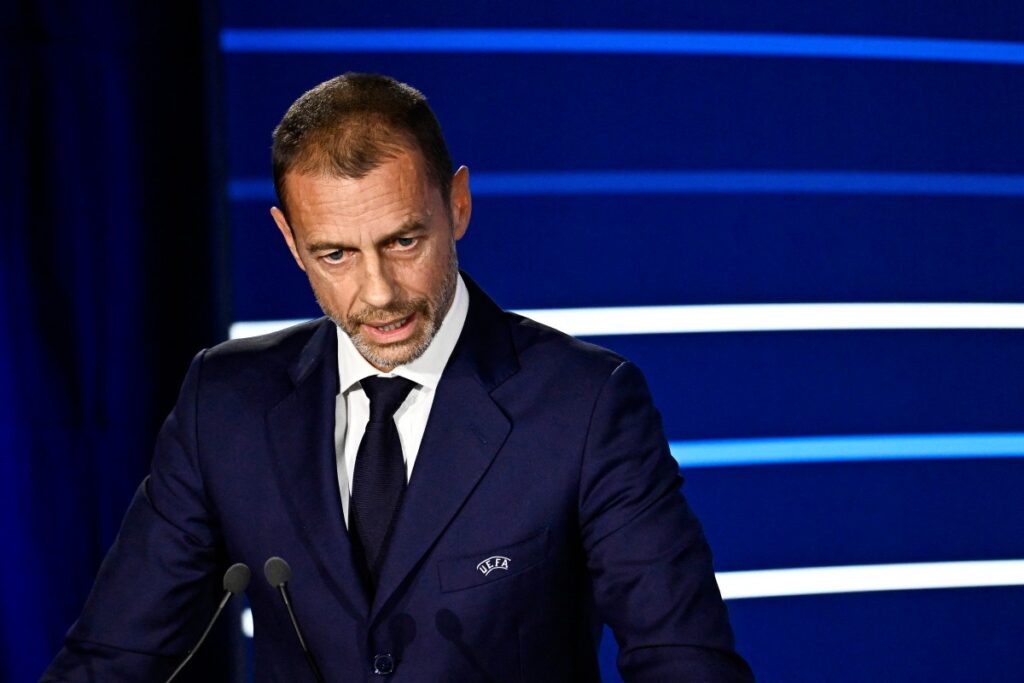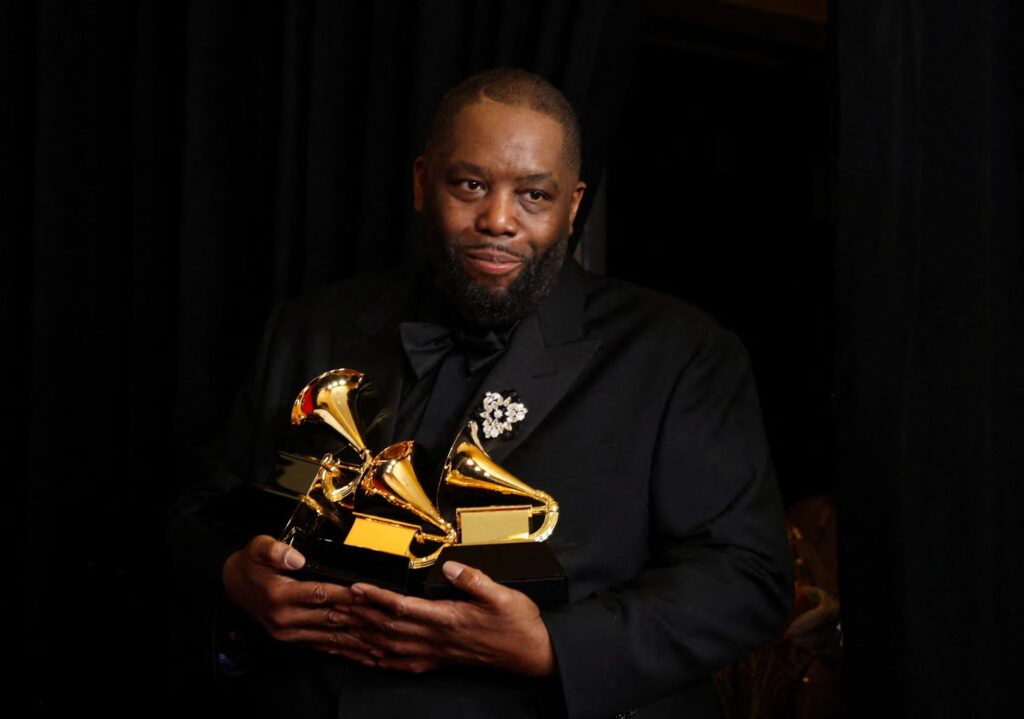 An Independent or non-partisan politician is an Individual politician not affiliated to any political Party.
An Independent or non-partisan politician is an Individual politician not affiliated to any political Party.
Angus Stanley King, Jr. is an American politician and the junior United States Senator from the state of Maine. He is the founder and vice president of Energy Companies. Born March 31, 1944, he assumed office on January 3, 2013. His tenure will expire January 3, 2019. He is backing the Iran nuclear agreement, becoming the latest lawmaker to throw support behind the deal ahead of a five-week congressional recess.
He stated as follows, “I have never faced a more difficult decision than a vote on the Iran nuclear decision.” King said Wednesday: “The current alternatives, if this agreement is rejected, are either unrealistic or downright dangerous. And so, based upon what we know now, I intend to vote in favour of the agreement.” Sources (thehill.com)
Bernie Sanders (Bernard “Bernie” Sanders) is an American politician and the junior United States Senator from Vermont. He is a carpenter, filmmaker, writer, researcher and professor. He assumed office January 3, 2007; he was born September 8, 1941; his tenure is expected to expire January 3, 2019.
Though an independent Senator, he is now a candidate for the Democratic Party’s nomination for president in next year’s U.S. presidential election.
In Australia, currently, two Independents sit in the Australian House of Representatives—Andrew Wilkie from Denison in Tasmania (former Greens candidate) and Cathy McGowan from Indi in Victoria.
DLP Senator John Madigan became an independent Senator in September 2014, while PUP Senator Jacqui Lambie and Glenn Lazarus became Independent Senators in November 2014 and March 2015 respectively.
These legislators are not Republicans, Democrats or what have you. In other words, they are neither PDP nor APC. They are Independent lawmakers.
Canada: In 2004 Chuck Cadman was elected to the Federal Parliament as an Independent Member of Parliament (MP) representing the British Columbia of Surrey North. Cadman had previously represented that riding on behalf of the Reform Party of Canada and Canadian Alliance, but after the Canadian Alliance merged with the Progressive Conservative Party of Canada to form the new Conservative Party of Canada in 2003, Cadman lost the nomination to represent the Conservative Party in that riding to Jasbir Singh Cheema.
Now it will interest you to know that Cadman then stood in the subsequent election as an independent and defeated Cheema as well as the candidates of other Canadian parties by a significant margin.
In the Spring of 2005, it is not a secret that the same Cadman cast the tying vote in favour of a budget supported by the Liberal Party Government of Paul Martin as well as New Democratic Party (NDP) but opposed by the opposition Conservatives and Bloc Quebecois. True leaders with open minds can only appreciate Independent candidacy; a myopic and idiosyncratic mind may not. The current times in Nigeria, that is, ‘the Change times’ is the perfect time to introduce Independent candidacy into the Nigerian political space.
In Germany, Joachim Gauck, incumbent President since 2012 and the first federal President with out party affiliation is currently the most prominent Independent politician.
In Hong Kong, more than half of Hong Kong’s legislative council is made up of Independents or members whose political groups are represented by one sole member in the legislature.
In Iceland, the current President Olafur Ragnar Grimsson, is Independent; the 9th Prime Minister of Iceland Bjorn Poroarson was also independent.
In Ireland, it is on record that after the 2011 Elections there were 16 Independents TDs Members Parliament in the Dail (the lower house of the Irish Parliament) representing 10 per cent of the total, excluding the three members of the United Left Alliance who are also members of the Dail Technical Group of Independent TDs. There are 12 Independent Senators in the 24th Seanad (Upper House of Irish Parliament) representing 20 per cent of the total. Three of these are elected by graduates of the National University of Ireland and two from Dublin University.
If truly we want change in Nigeria, not now, but right now is the appropriate time and Abuja is a good place to start. We need to overhaul the machinery of change, and not just reiterate the mantra. The process of becoming a lawmaker would have to be expanded; we need to open up the space for some lawmakers to come in. An additional 10 -20 per cent should be independent.
How to bring about independent
candidacy into Nigeria
• Amend the Electoral Act to simply include: ‘There shall be in addition to the number of persons elected under political parties into the House of Representatives, 37 elected members who shall be known and called Independent and shall be elected from their state of origin or state of residence by an election to be organised by the INEC in conjunction with the NTA and the BON one day after the election for political parties.
• ‘There shall be in addition to the number of persons elected under political parties into the Senate, 36 elected members who shall be known and called Independent Senators and shall be elected from their state of origin or state of residence by an election to be organised by the INEC in conjunction with the NTA and the BON one day after the election for political parties.
• Or we may simply add to the Electoral Act and Constitution “or independent” everywhere after the word “political party” in the entirety of the Act and the Constitution where it so applies, with qualification spelt out.
It is not in dispute that Independents are criticised in some countries like India, but we must look at the big picture with Canada in mind.
In Italy, the Prime Ministers, Carlo Azeglio Ciampi (1993-1994), Lamberto Dini (1995-1996), Giuliano Amato (2000 -2001) and Mario Monti (2011-2013) were Independent when they were in office. Ciampi was also the President of the Italian Republic between 1999 and 2006.
In Kosovo, Atifete Jahjaga was elected the first female and Independent President not just for Kosovo but the entire Balkans.
In Malaysia, though rare, but four Independent Senators sit in the Dewan Rakyat: Abdul Khalid Ibrahim from Bandar Tun Razak, the constituency with the highest registered votes in Kuala Lumpur (former PKR candidate) and Palanievel Govindasamy from Cameron Highlands (former BN candidate). The other two Independents were former PAS candidate Raja Kamarul Bahrin shah from Kuala Terengganu and Siti Mariah Mahmud from Kota Raja.
In Mexico, Jaime Heliodoro Rodriguez Calderon nickname “EL Bronco”, was elected governor for Nuevo Leon making history as the first Independent candidate to win in the country.
In Poland, the situation in the Senate allows Independent to run as single candidate and some are elected in their own right. However, only Wlodzimierz Cimosezewicz is Independent.
In the Philippines, Noli de Castro, former vice president, ran as Senator in 2001 with no political affiliation, he won the Senate race with the highest vote (then) in Philippine history.
Russia: It is interesting to note that all of Russia’s Presidents have been Independents. Former President Dimitry Medvedev declined an offer to join United Russia Party; saying that he believes the President should be an Independent so that he serves the interest of the country, rather than that of a political party. The poised and unpredictable Vladimir Putin, current president of Russia, is the Head of the United Russia Party but is not its member. Thus formally, he is an Independent.
United Kingdom: Before the 20th century it was fairly common for Independent to be elected to the House of Commons of the United Kingdom though very few since 1945 when the journalist, Marthin Bell was elected at Tatton in 1997, having stood on an anti-corruption platform. He was the first Independent elected to the Commons since 1951.
The point is, these countries have room for Independent candidacy. I believe it creates room for fair play and fairness, justice and equity. Not everyone can afford the cost of being in a political party, but they want to serve their fatherland.
The United States: I am convinced it may surprise you and interest many to know that President George Washington has been the only president elected as an Independent. He was not formally affiliated with any party during his two terms.
John Tyler was expelled from the Whig Party in September 1841 and remained an Independent for the remainder of his presidency later. If we may return to the Democrats, we will find lots of executive and legislative members have at one time or the other run for office in in the United States of America as Independents. So what is holding Nigeria back? To those who say we are not ripe, I humbly respond by saying we are over ripe. If in 1841 America already had such a system it means for our age in Democracy we should have such a platform. As a matter of fact, we ought to have started with it.
It is important to open up the political space and this is the best time to do this and make public service what it is, ‘serving the public’. The likes of Senator Ben Murray Bruce and Senator Sani will be expected to take the lead in the pursuit of this vigorously. If we really want to change this country for the better, then we must, as a matter of urgency, do things differently. There is so much for lawmakers to do, and the question that nags their minds is, should I say the truth? So little is currently being done and it appears to me it is a problem that stems from legislative precedents trying to follow the old way of doing things, forgetting that the times have changed (with regards to legislative business, I mean).
May I, therefore, urge the Senators of the Federal Republic of Nigeria to amend the Constitution and the Electoral Act to make room for Independent candidates? You have the chance and you can do it.
• Amaran is a legal practitioner in Port Harcourt.
@macdonaldamaran







